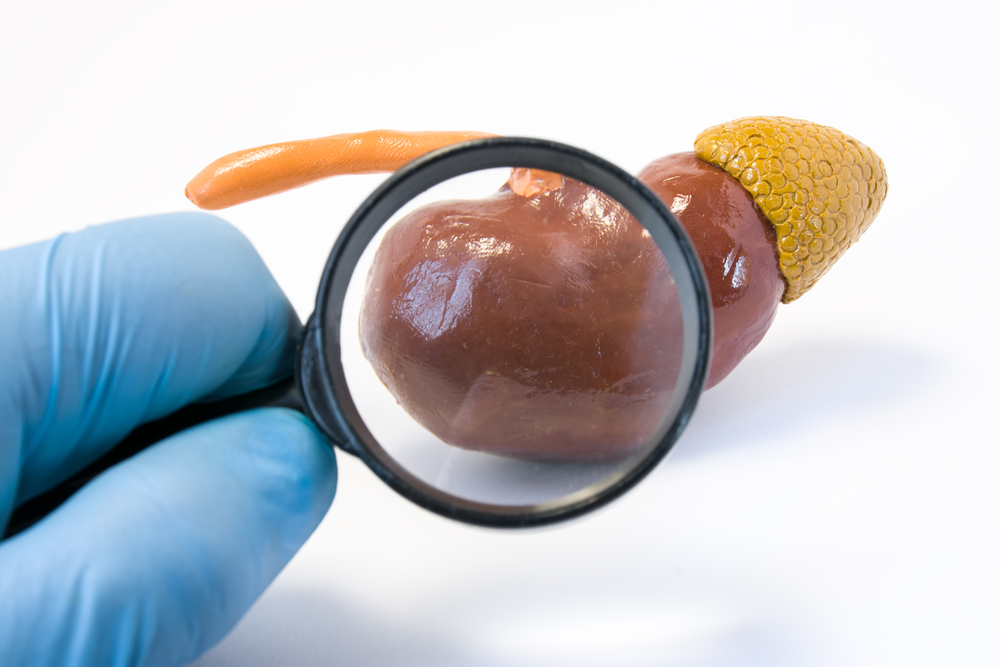IgA Nephropathy is a kidney illness caused by a build-up of immunoglobulin A (IgA) in the kidneys. IgA is often the first line of defense in protecting our body from infections. However, when it accumulates in the kidney, it may result in inflammation. This may later on interfere with the blood filtration process of the kidney.
The exact cause of this disease is still undetermined. However, experts speculate that this disease may be caused by genetics, existing liver diseases, or other bacterial infections.
Furthermore, this condition usually develops slowly over time. Nevertheless, the progression of the disease will still vary, depending on the patient. For example, some people may have blood in their pee without any other complications, while others may develop kidney failure as a result.


